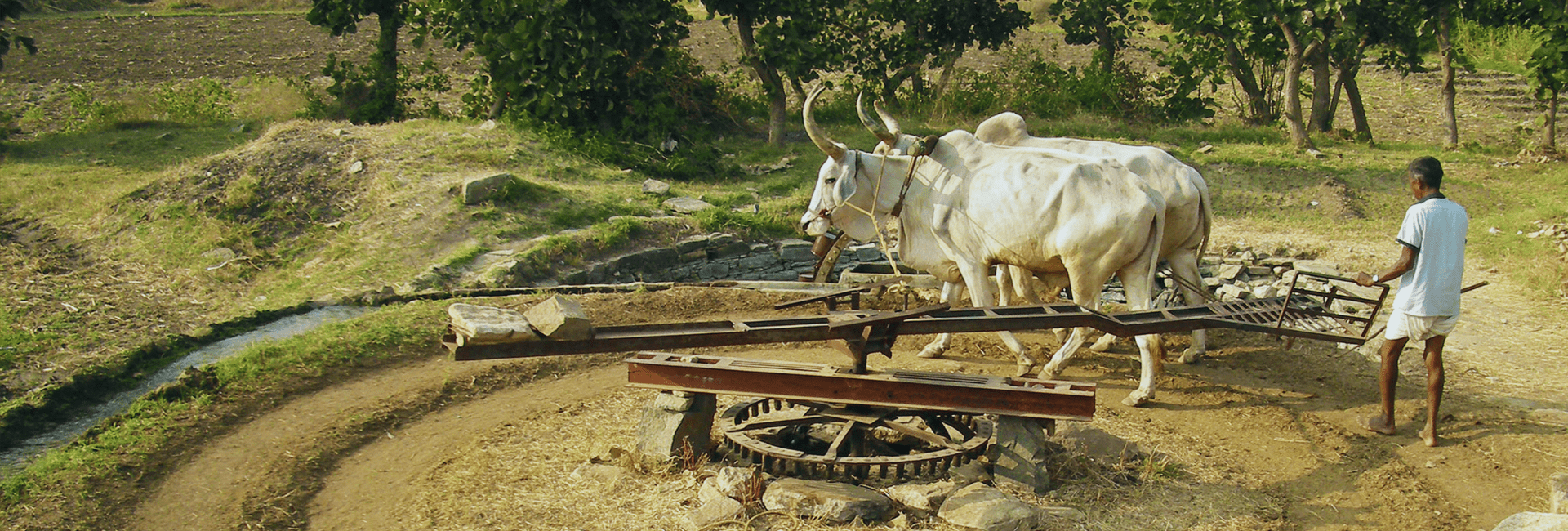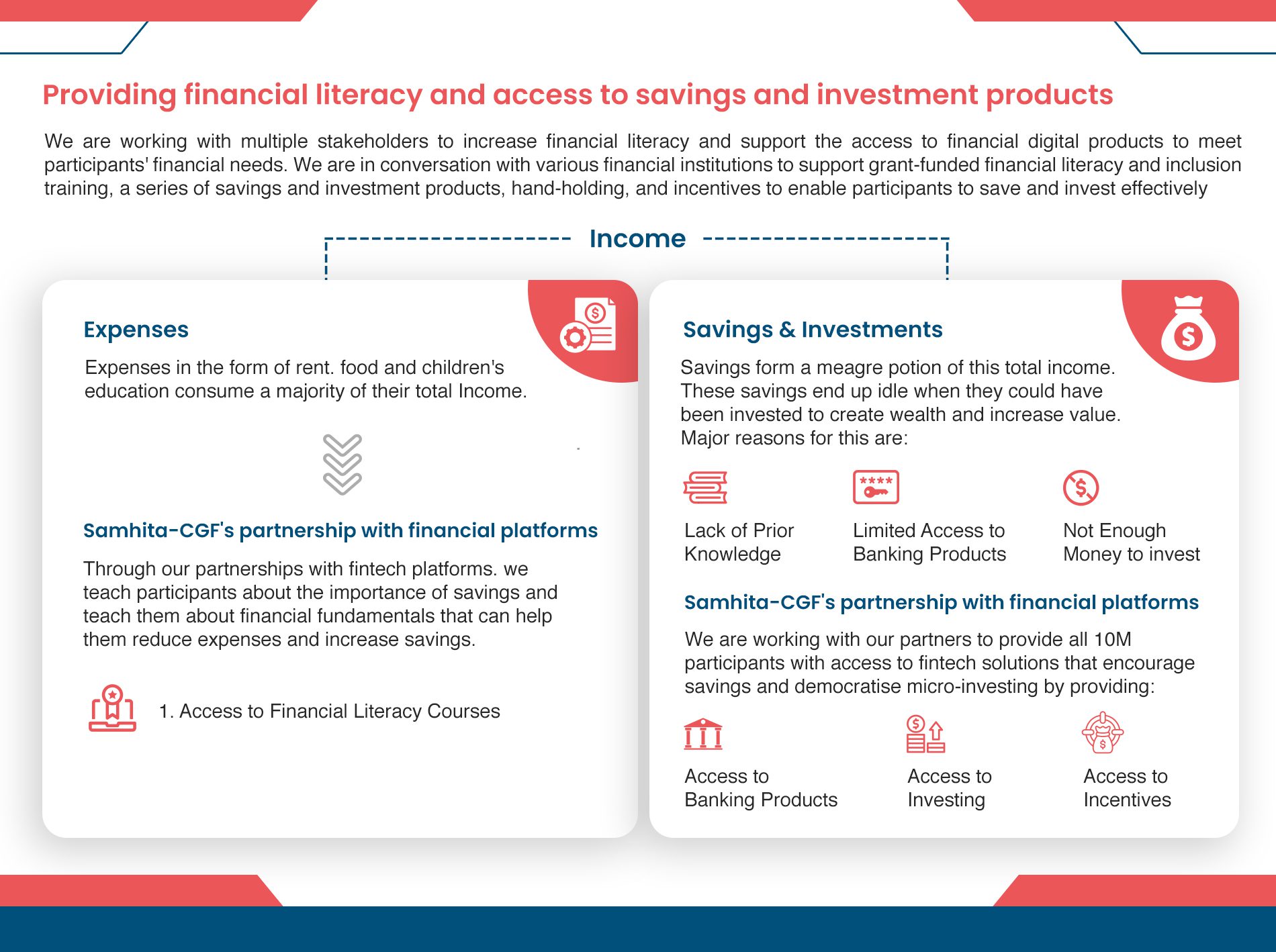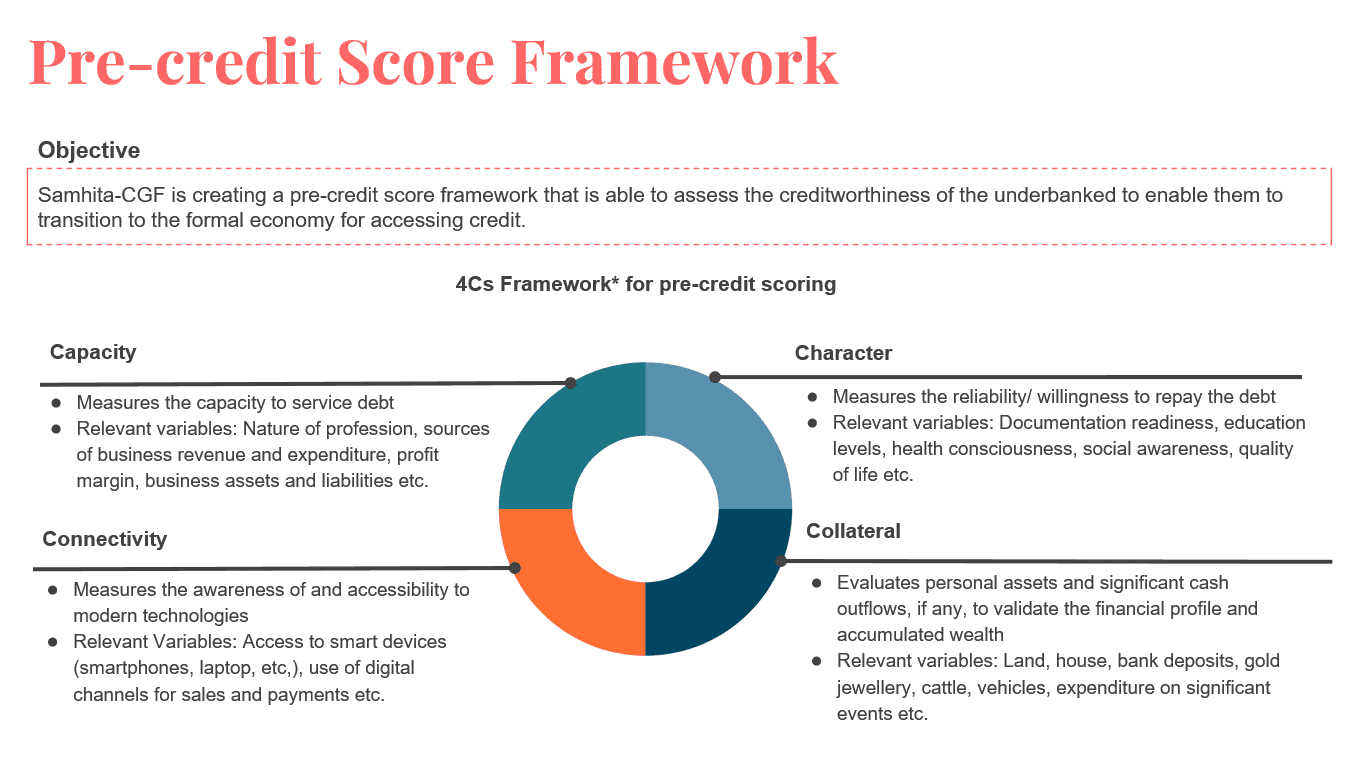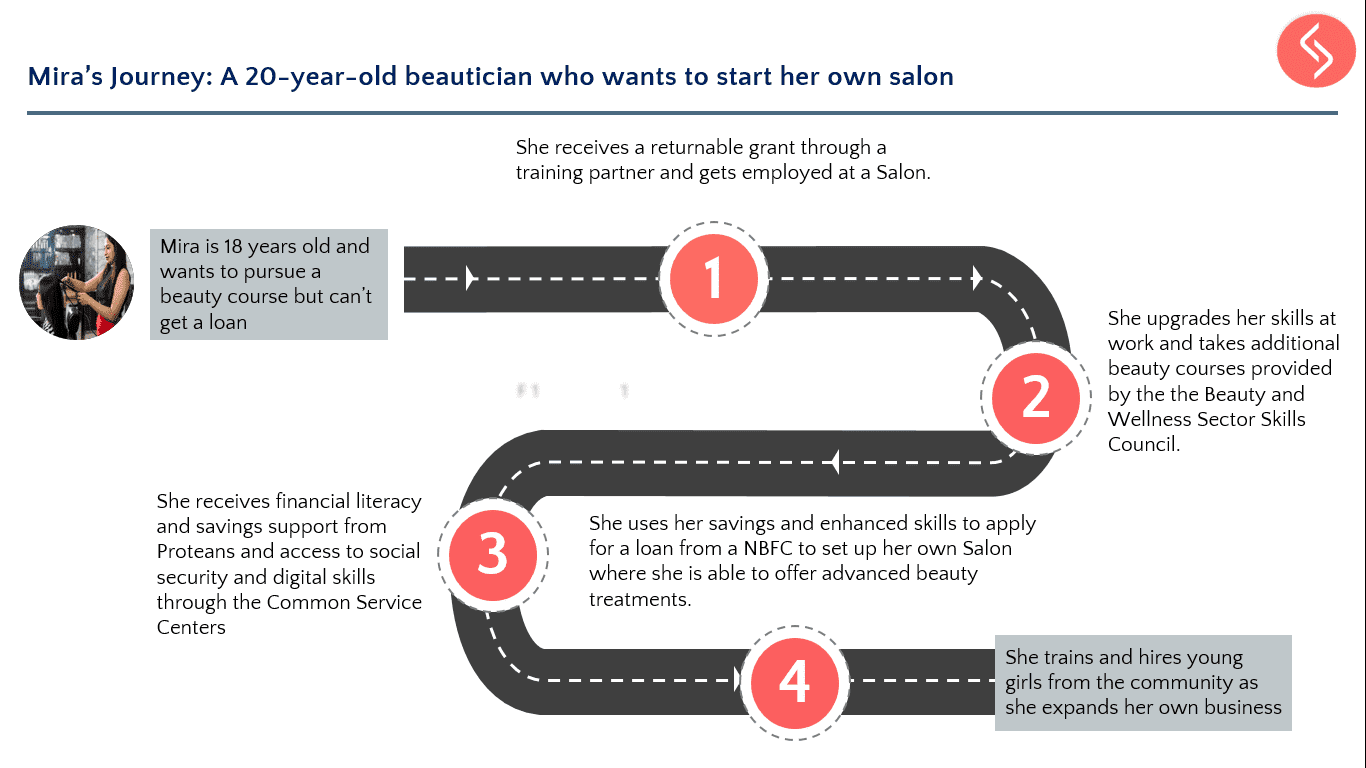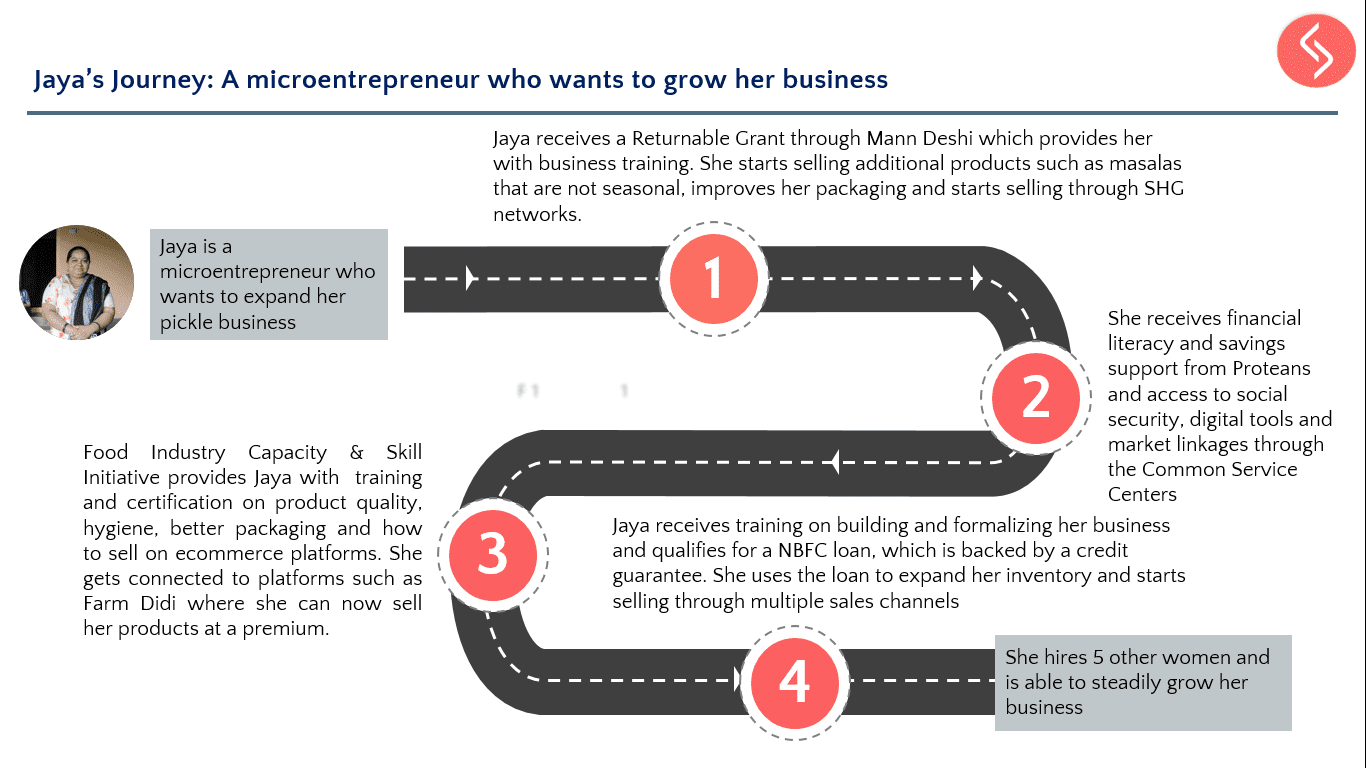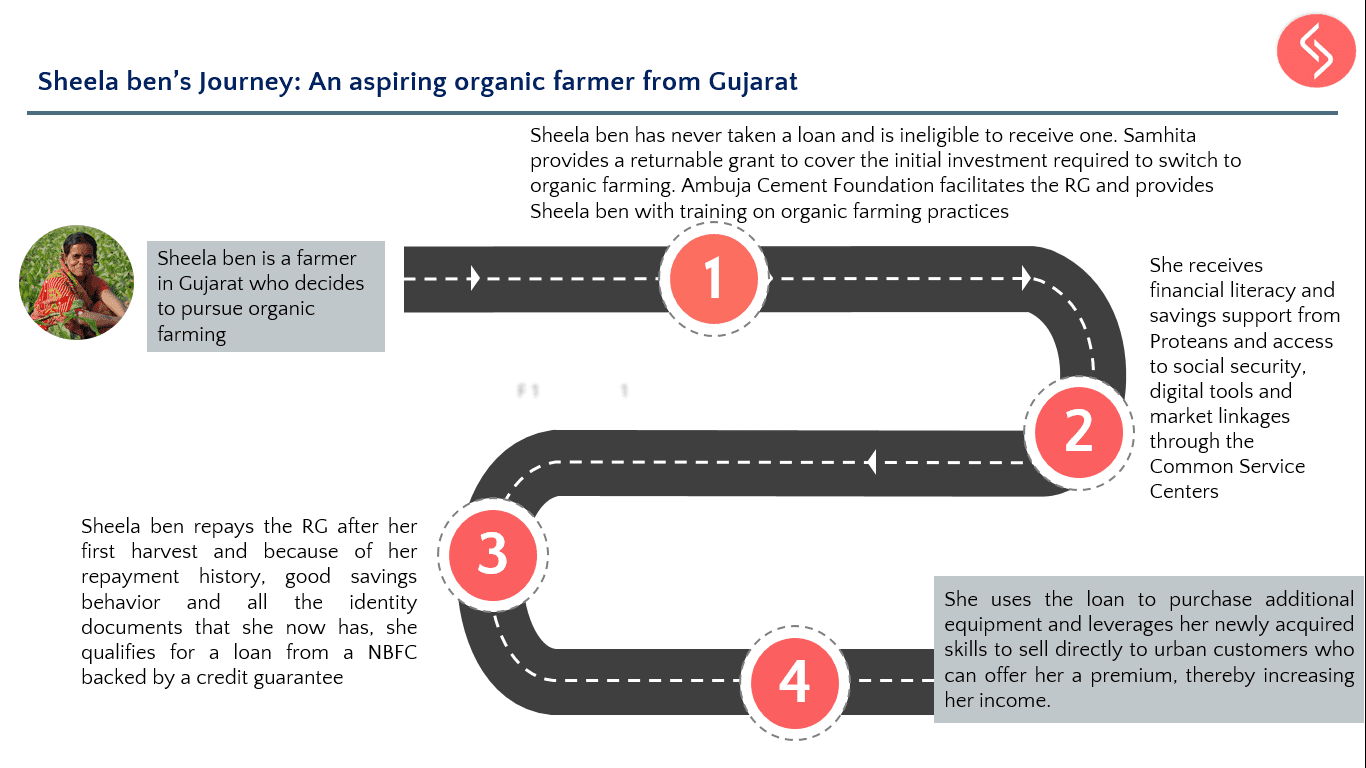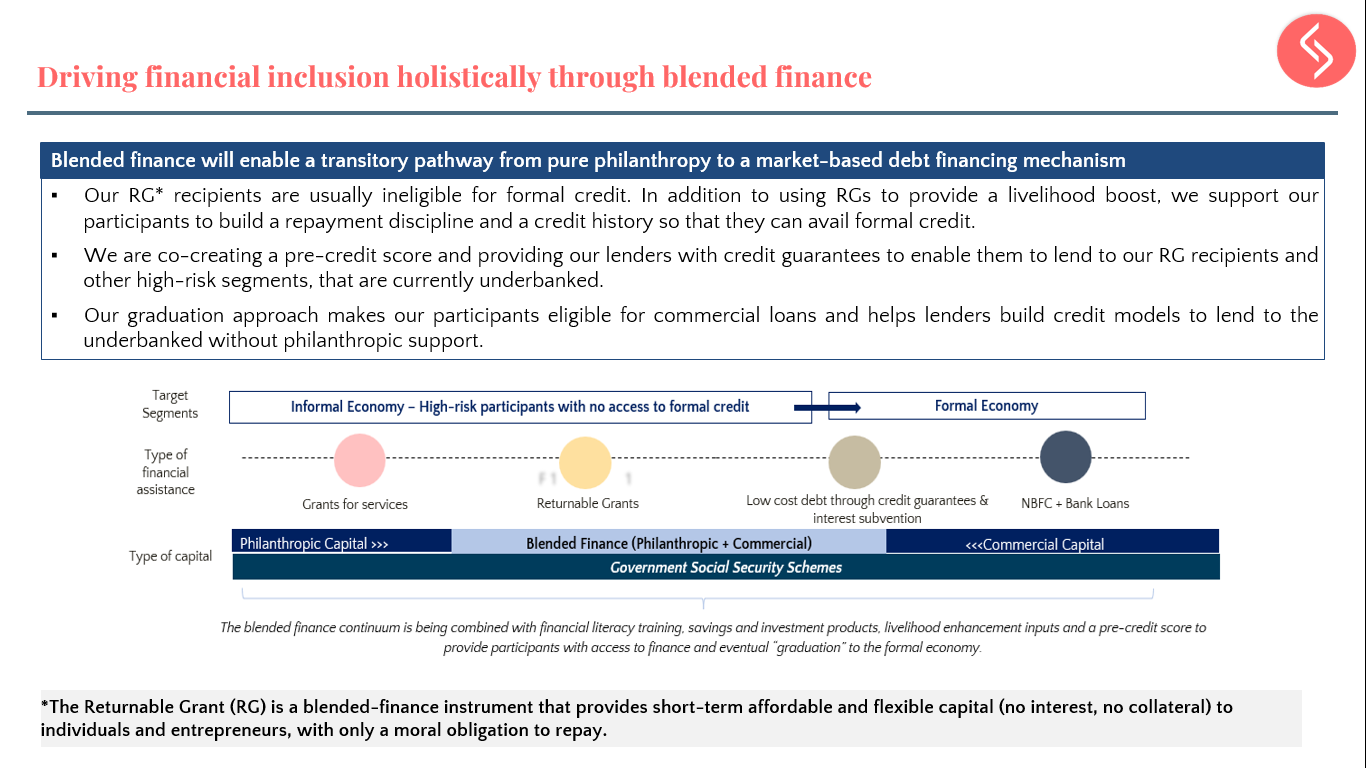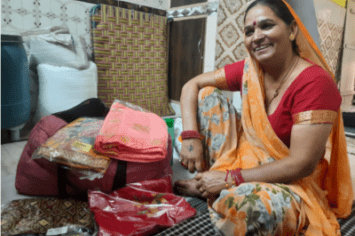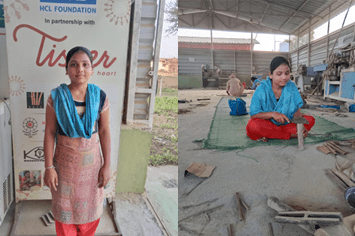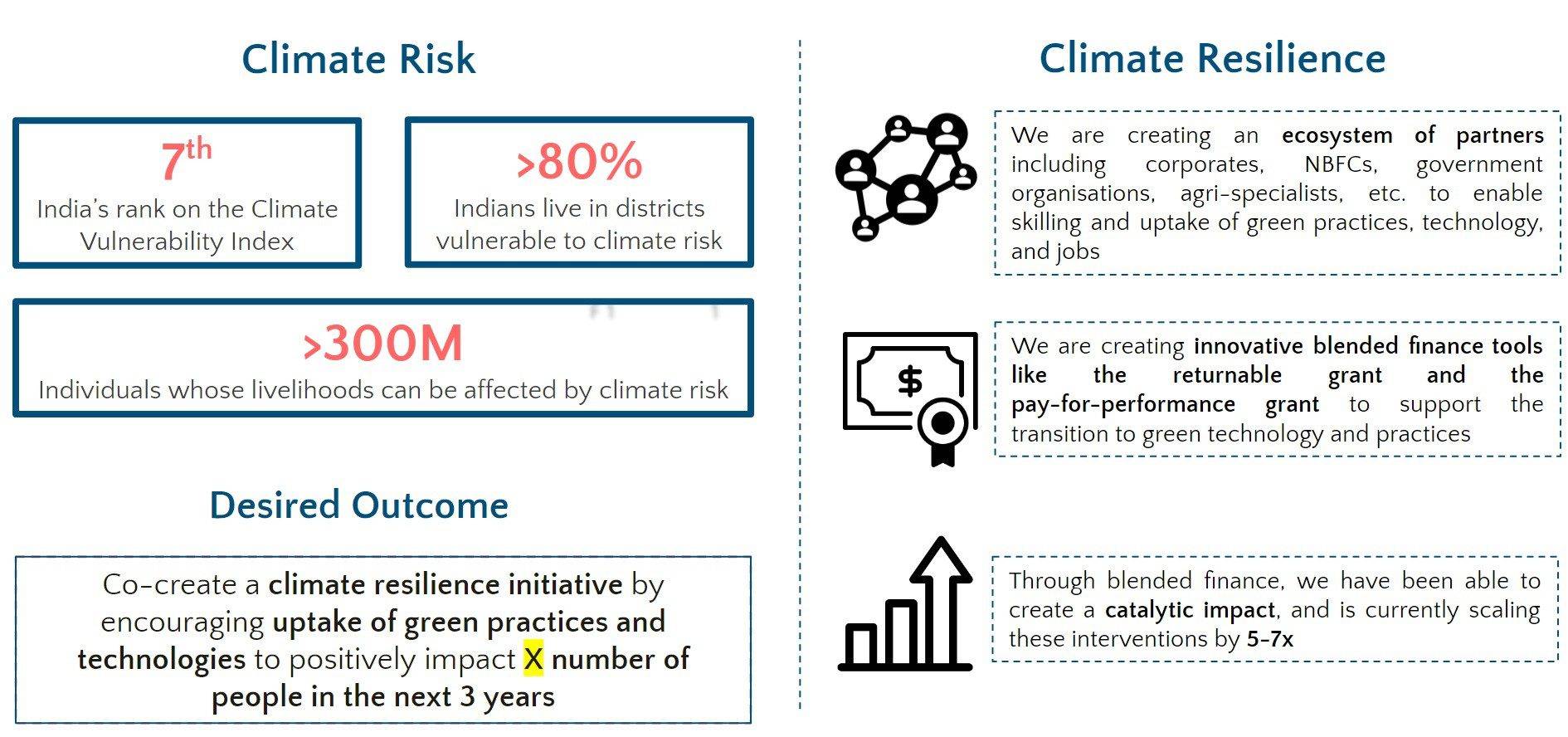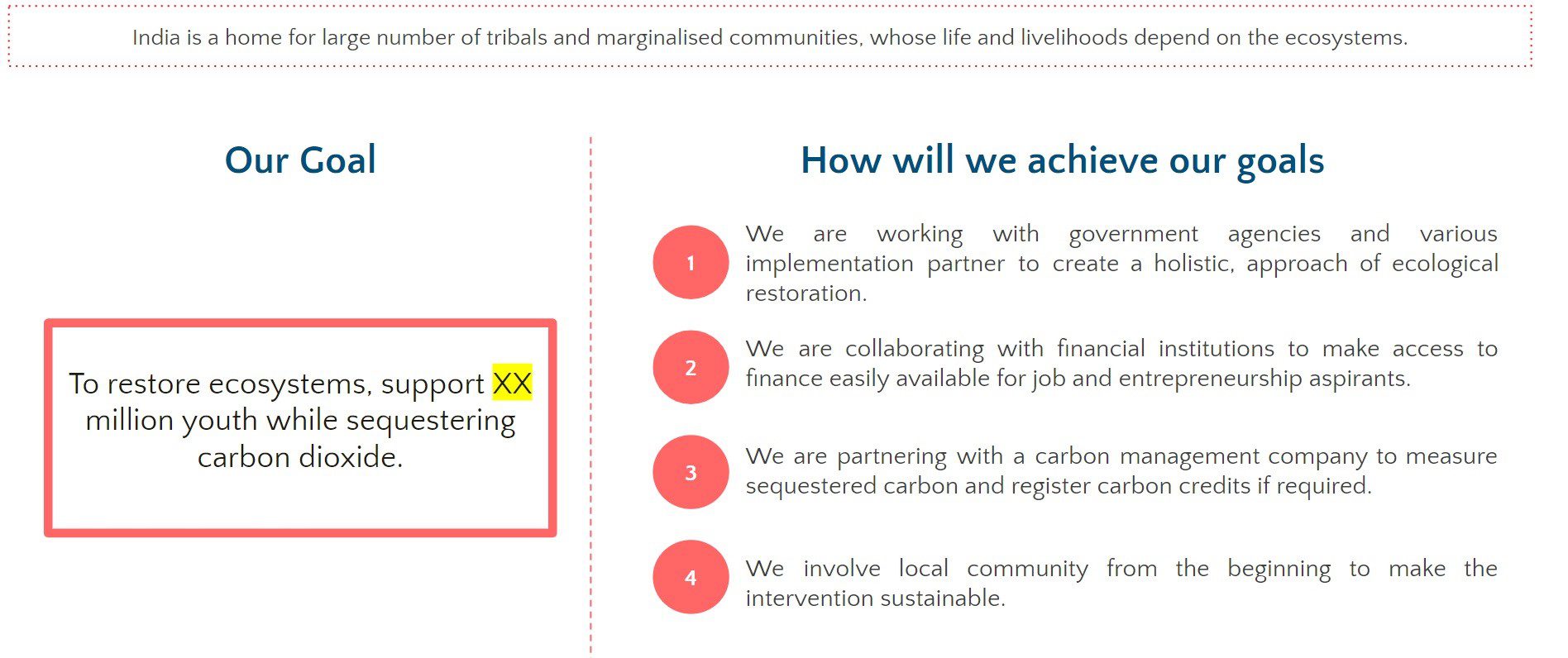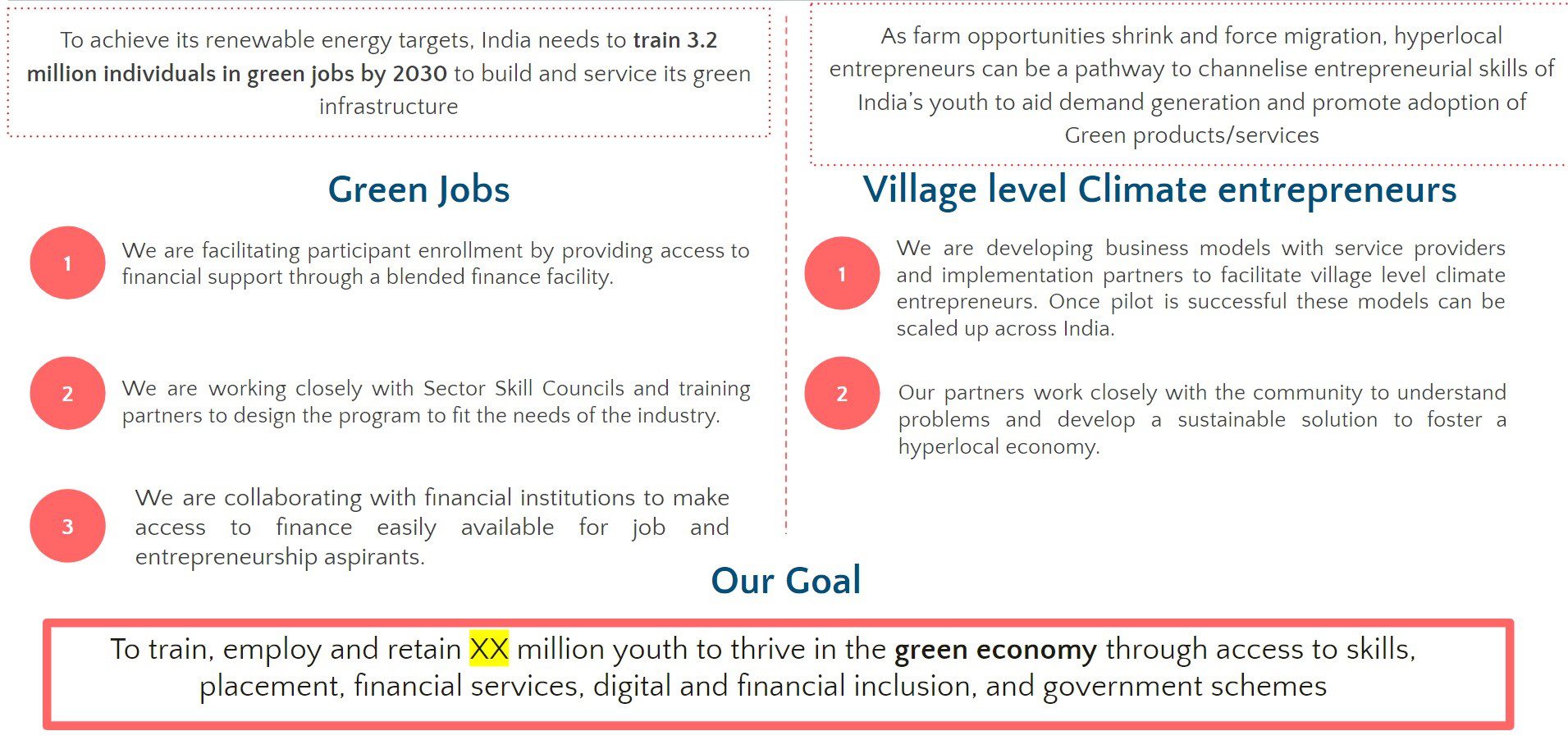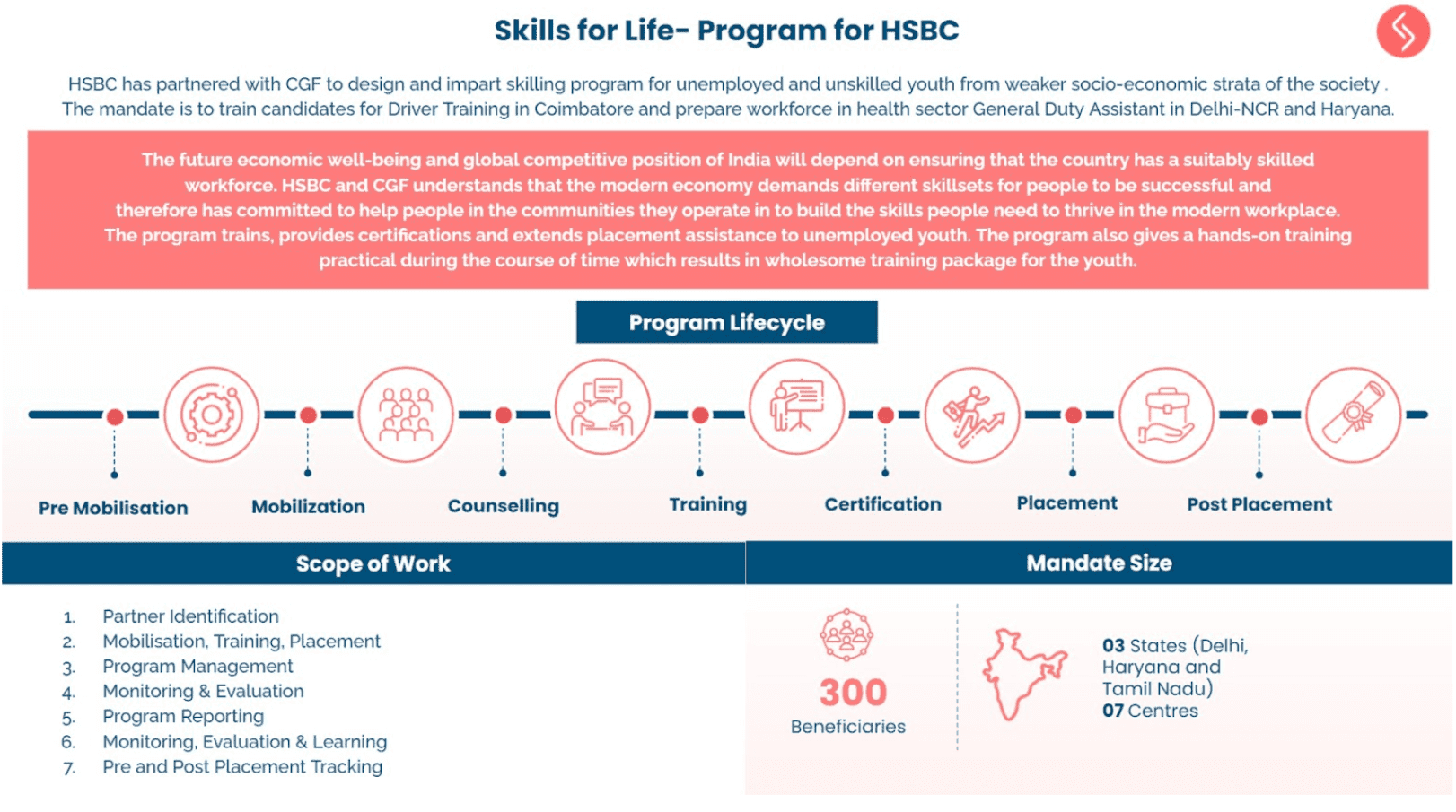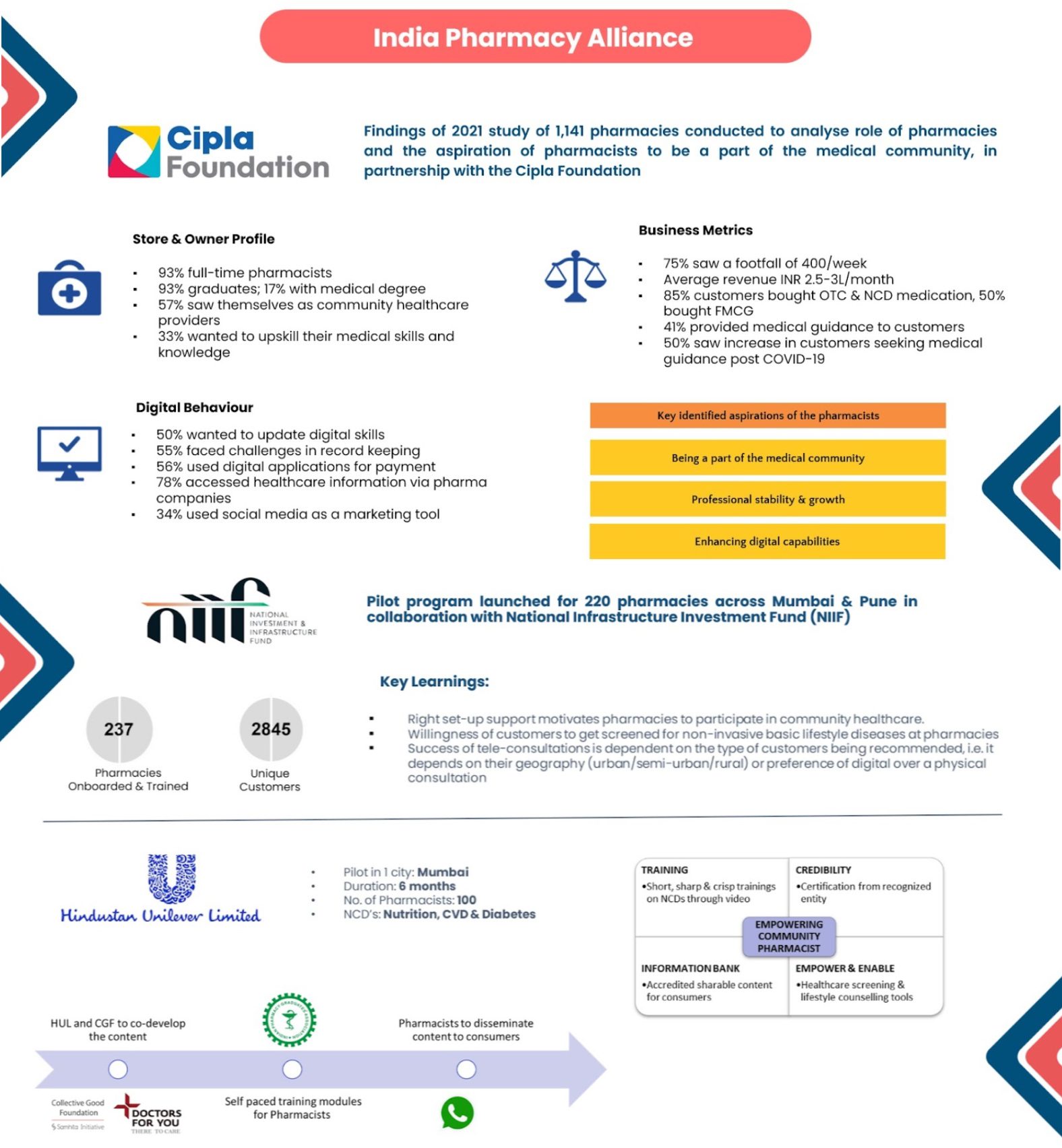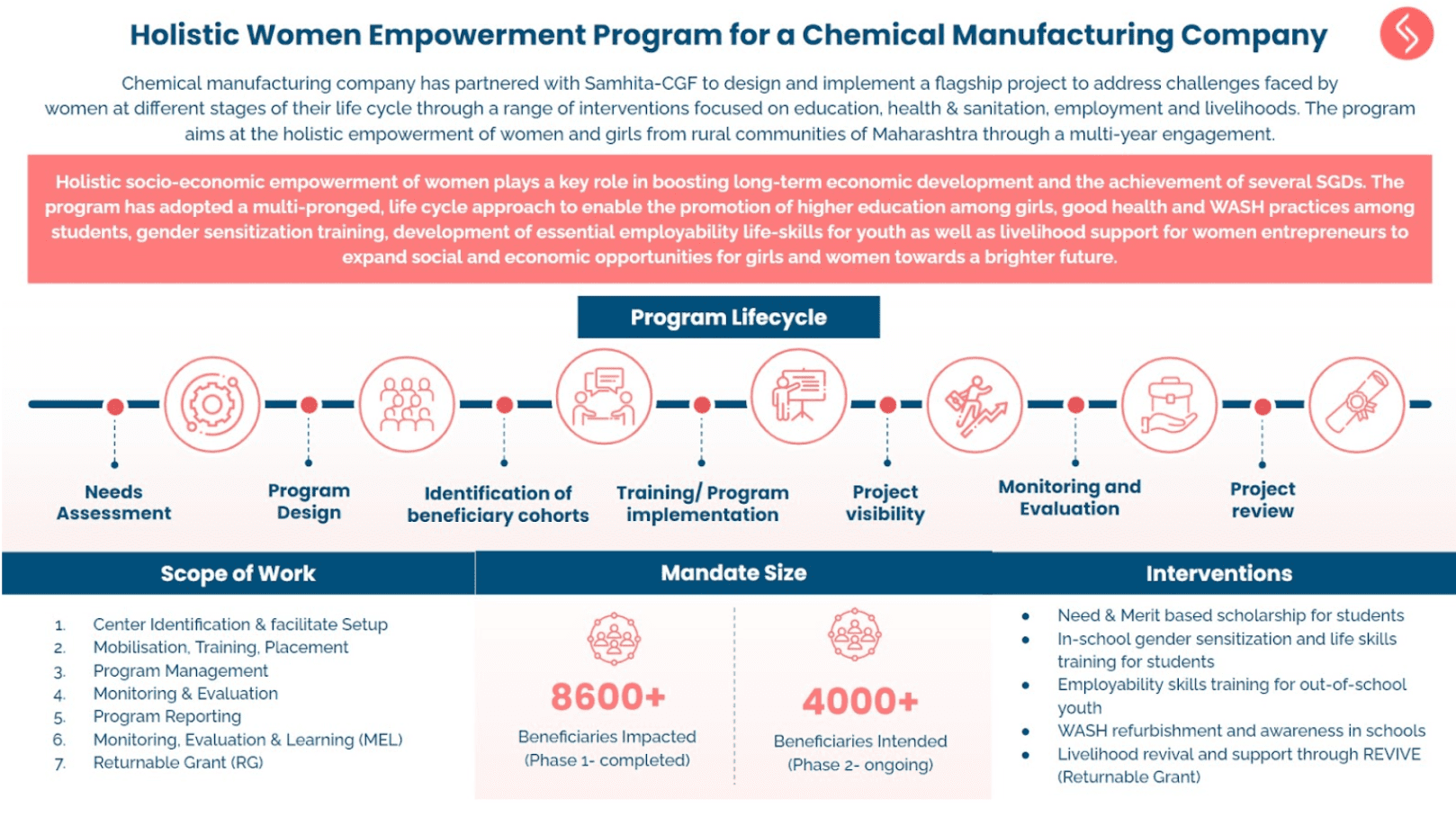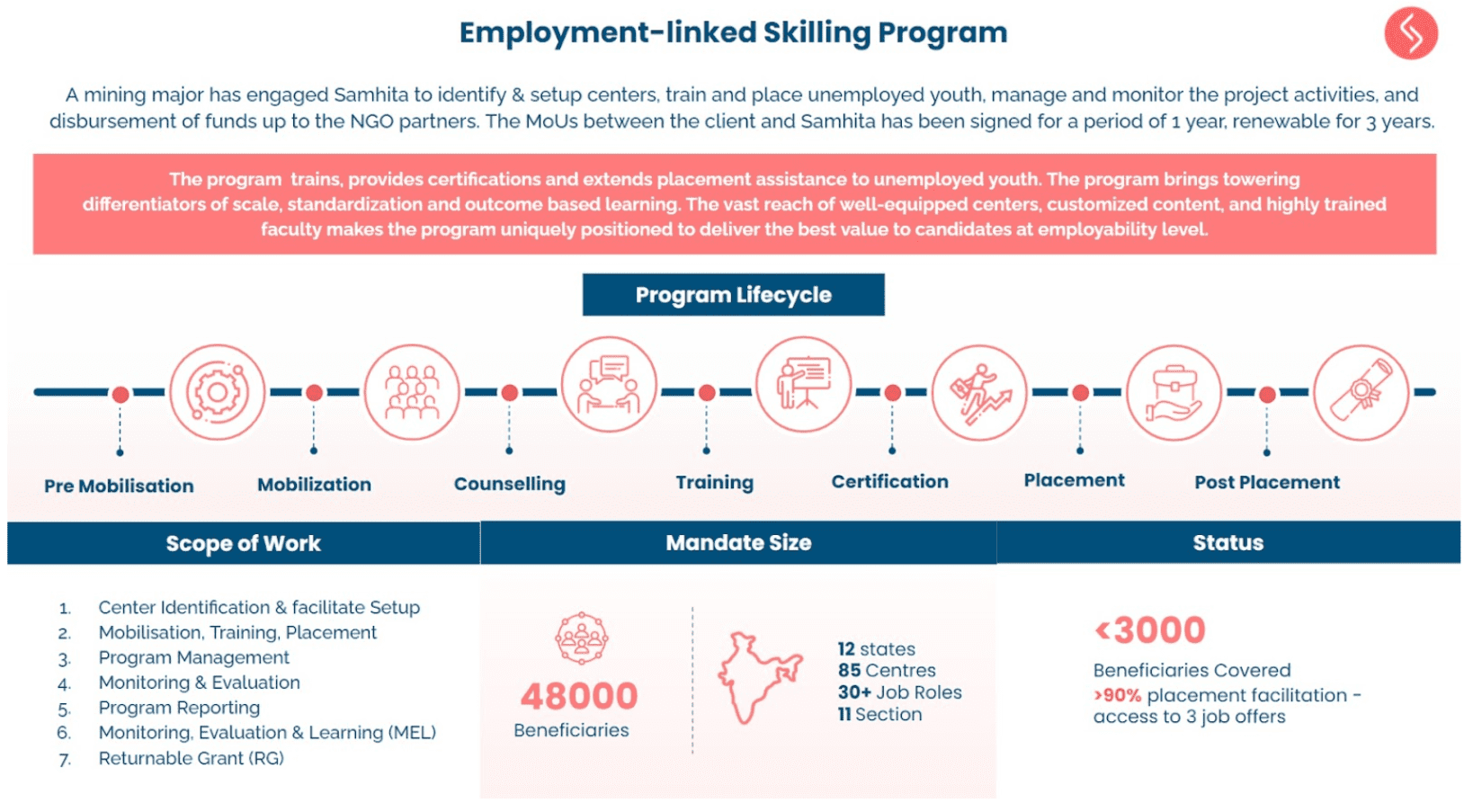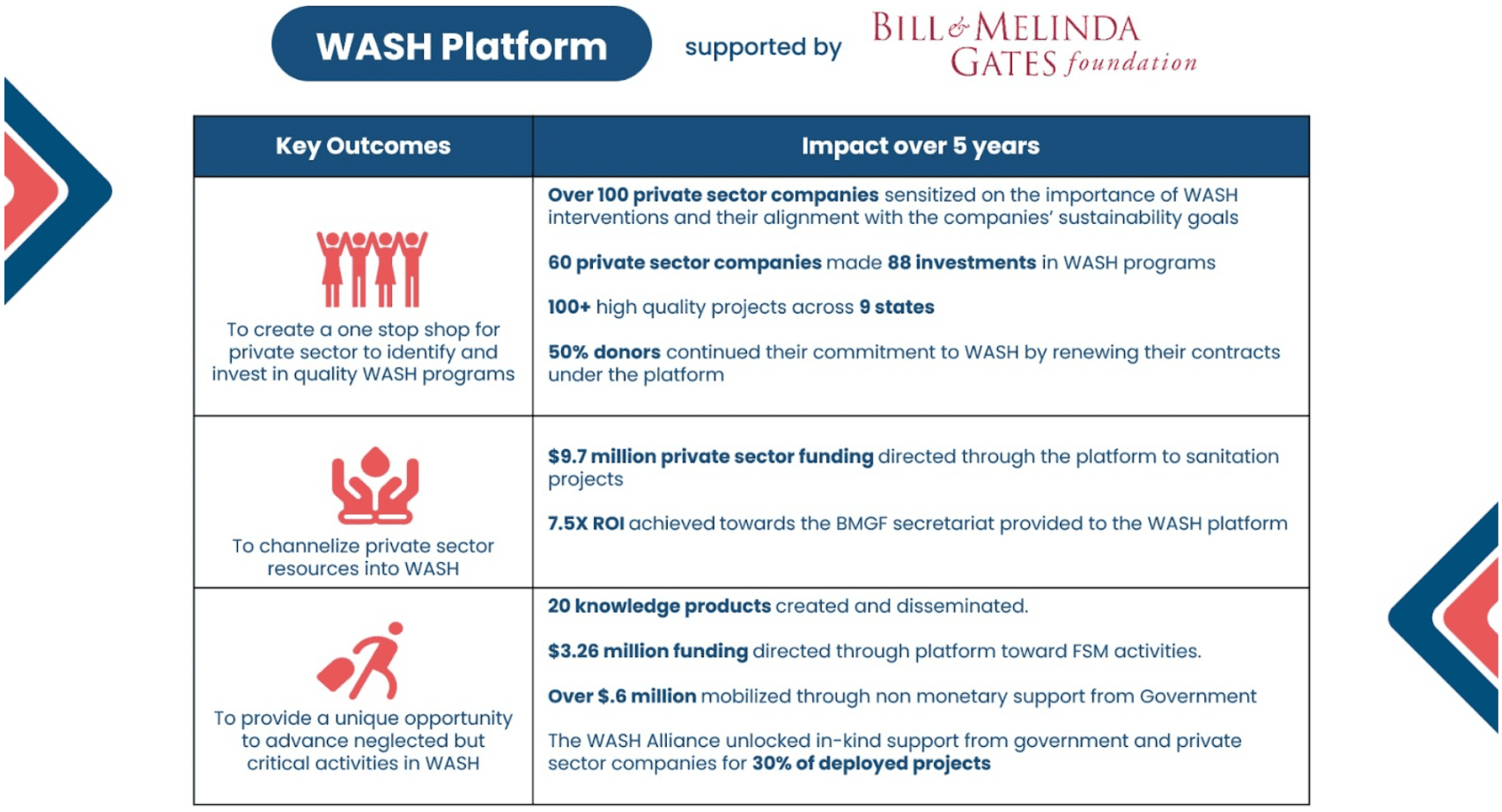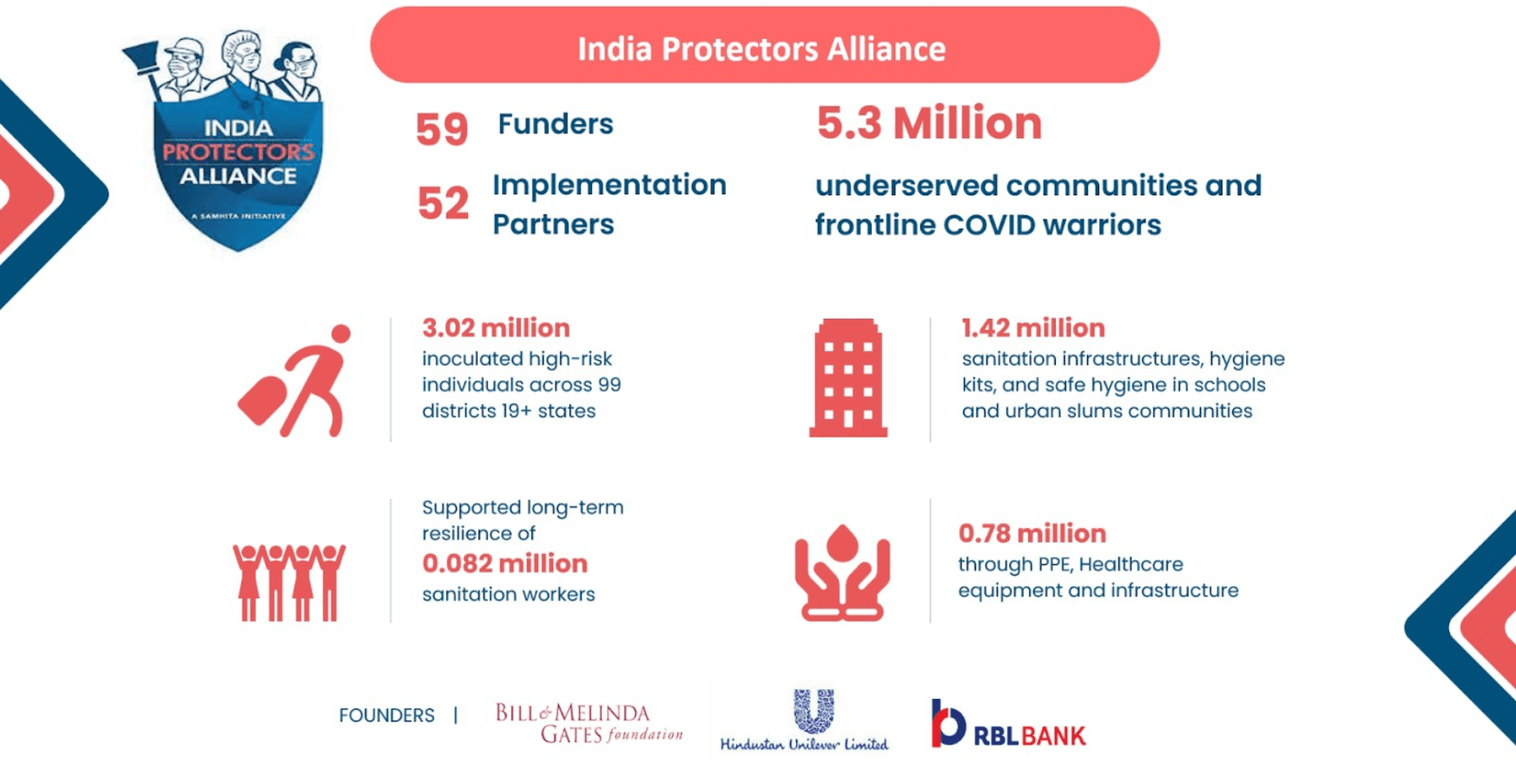Meet Rameshbhai Ram, an organic farmer from Madhapar in Gujarat, who decided to follow his heart and chart a path different from other farmers in his village.
Rameshbhai Ram, 45, is a farmer in Madhapar village, Gujarat, who shifted to organic farming from conventional methods of agriculture a few years back. But this shift was not planned; it was a result of nature running its course.
In Rameshbhai’s village, farmers traditionally engage in the cultivation of groundnut, cotton and sugarcane. They protect their crop through the use of urea, weedicides and pesticides. However, five years ago, Rameshbhai became acutely aware of the huge burden of expenses he incurred due to the purchase of crop fertilisers and medicines. Fed up, he chose not to use artificial supplements for some of his produce. This led to a surprising discovery: “Once I started eating the rotis from my organic crops, I could feel the difference for myself. The taste and fragrance were remarkably superior, and I felt more energetic and active,” he said.
A true farmer at heart, Rameshbhai wished to sow the seed of organic farming amongst his customers, so that they could also reap the health benefits and experience what he had experienced. But the road ahead was bumpy.
Imagine being a new and enterprising organic farmer in a village where a majority of the farmers make their living from commercial crops. You have a hectare of land and you have to produce crops that are highly sensitive to weeds. You know that the market for organic produce is limited in your village. You are risking a lower yield for your crops which directly affects your income anywhere between 37% to 75%, depending on the mercy of natural elements. Your family is worried too; they question the rationale behind your actions.
Whenever Rameshbhai’s family nagged him to buy urea and pesticides from the market for a bountiful harvest, he dismissed them with excuses about the shop being closed or forgetting to visit the shop. His conviction about organic farming, he said, stemmed from a place of understanding: “no one wants to eat poison.”
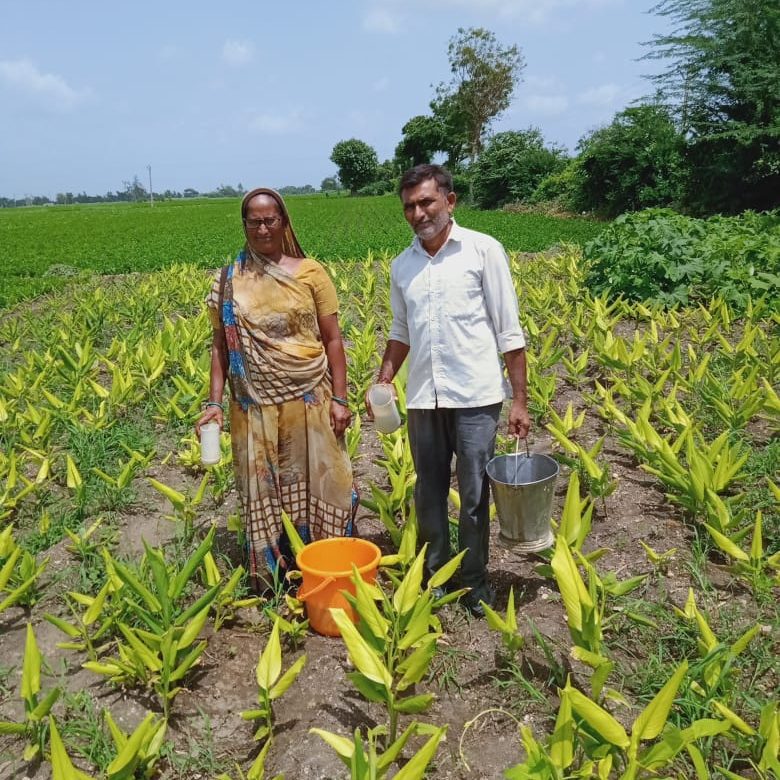

Rameshbhai’s biggest challenge came with the COVID-19 pandemic. Among rampant fears of the deadly virus and an economic standstill, he struggled to make ends meet. He was tasked with ensuring the health of his family, while also taking care of his agrarian activities.
Resourceful as ever, Rameshbhai applied for REVIVE’s returnable grant and used it to tide over his resource crunch. He invested the grant money, ₹10,000, in farming inputs like neem oil to increase harvest. Soon thereafter, he also purchased a smartphone which he uses to watch organic-farming related videos and to undertake digital transactions through GooglePay. With a resounding “Yes”, he affirmed that he believes in the power of digitization.
As passionate as Rameshbhai is about his vocation, he bemoans that his two sons don’t want to follow his footsteps. Both of them left the village to live in the city of Rajkot where his older son works in an IT company and his younger son is pursuing a diploma in agricultural studies. Like most youth of our country, they aspire to work in an office as opposed to toiling in the field, because of the low earning potential and stagnant income levels.
Nevertheless, Rameshbhai firmly believes that organic farming will have a substantial impact in improving farmers’ income in the long term. Having experienced relative income gains over the years, he actively engages in spreading his learnings among other farmers in the village to allay their fears about making the shift. He is now consulted as a master trainer during the occasional mass awareness initiatives on organic farming held in the village. He remained buoyantly hopeful and said, “Kheti ka zamana aayega.” [The era for farming will come someday.]







